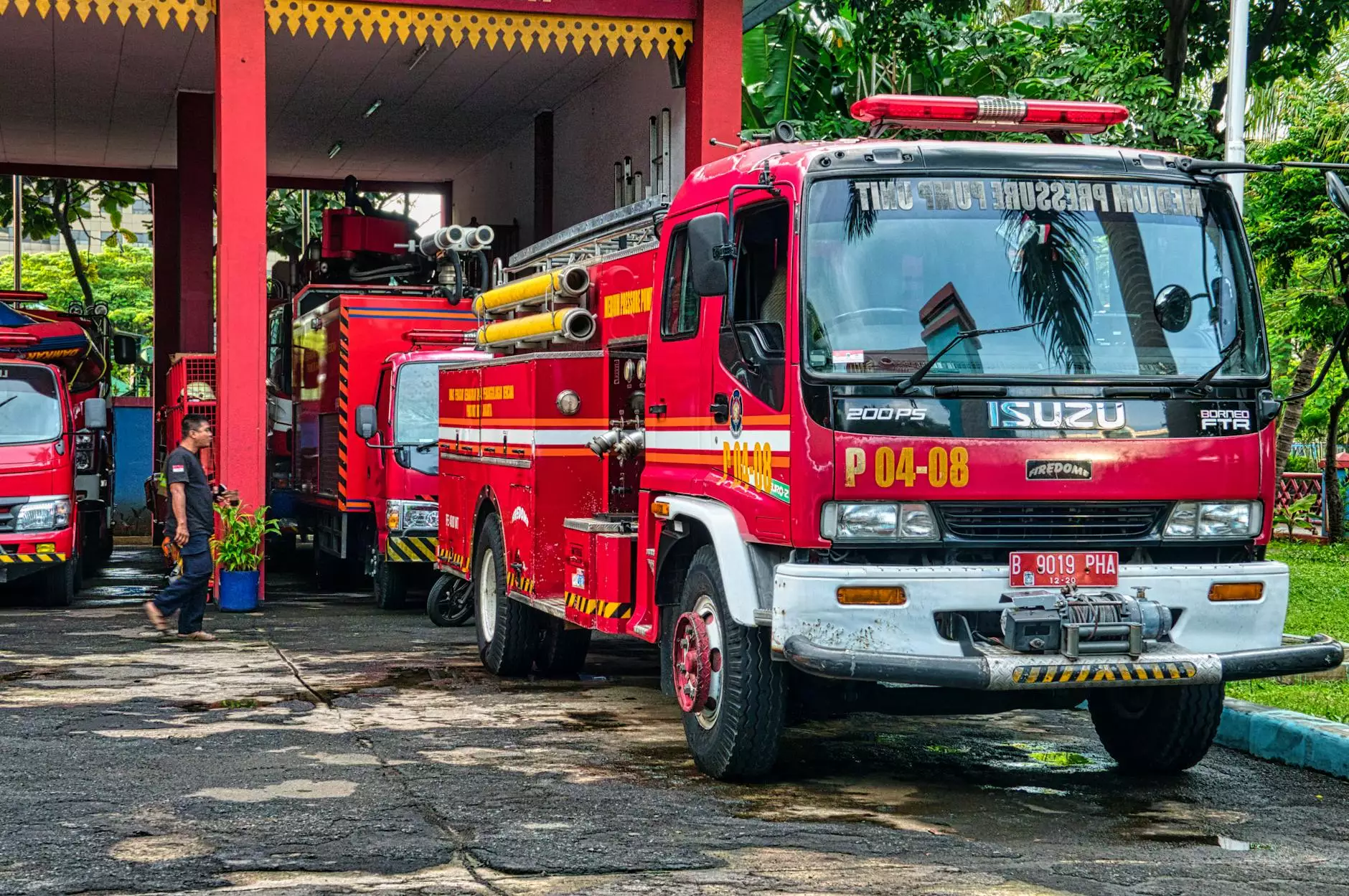Exploring Biohazard Cleaning Jobs: A Comprehensive Guide
The field of biohazard cleaning jobs is not only crucial but also growing in demand due to increasing awareness of health and safety protocols. This niche industry offers rewarding careers that help maintain cleanliness and safety in various environments, making it an attractive option for those committed to public health and safety.
What Are Biohazard Cleaning Jobs?
Biohazard cleaning jobs involve the removal, cleanup, and disposal of hazardous materials, such as blood, bodily fluids, and other potentially infectious substances. Professionals in this field are often called to emergency sites, crime scenes, and locations where serious incidents have occurred, necessitating specialized cleaning procedures to ensure safety and compliance with health standards.
Types of Biohazard Cleanup Services
Biohazard cleaning jobs cover a variety of services, including:
- Crime Scene Cleanup: This involves the thorough cleaning and decontamination of areas where a crime has taken place.
- Trauma Scene Cleanup: Similar to crime scene cleanup, this service addresses scenes of accidents where blood and bodily fluids are present.
- Medical Waste Disposal: Professionals in this field handle the safe disposal of medical waste generated in healthcare facilities.
- Hoarding Cleanup: This specialized service deals with removing biohazardous materials from homes affected by hoarding behavior.
- Fentanyl Cleanup: With the rise of substance abuse, this service specializes in cleaning areas contaminated with fentanyl—a potent drug.
The Importance of Professional Biohazard Cleaning
Biohazard cleaning jobs are vital for several reasons:
- Health and Safety: Exposure to biohazardous materials can lead to severe health consequences, including infections and diseases.
- Emotional Support: Many services index trauma-informed practices, offering support to families and individuals affected by tragic events.
- Legal Compliance: Professional cleaning ensures that all procedures adhere to local, state, and federal regulations regarding hazardous waste.
- Property Value Maintenance: Effective cleanup prevents property devaluation and ensures safe environments for residents or employees.
Skills Required for Biohazard Cleaning Jobs
To excel in biohazard cleaning jobs, individuals need to possess a specific set of skills:
- Attention to Detail: Thoroughness in assessing and managing hazardous materials is critical to effective cleanup.
- Technical Knowledge: Understanding appropriate cleaning methods, chemical usage, and safety protocols is essential.
- Physical Stamina: Many cleaning jobs require physical exertion, including lifting and moving heavy items.
- Emotional Resilience: Workers must be capable of dealing with distressing situations while maintaining professional composure.
- Teamwork: Often, biohazard cleanup is conducted in teams, making communication and collaboration vital.
Pathways to Entering the Biohazard Cleanup Industry
For those looking to embark on a career in biohazard cleaning jobs, there are several pathways to consider:
Education and Training
While a specific degree may not be required, relevant training is critical. Many companies offer training programs that cover:
- Safe handling and disposal of biohazardous materials
- Using specialized cleaning equipment
- Health and safety laws and regulations
Certifications
Employees may benefit from obtaining certifications, which can enhance employability. Some recognized certifications include:
- OSHA Training: Training from the Occupational Safety and Health Administration provides essential information about workplace safety.
- Bloodborne Pathogens Certification: Understanding the risks associated with bloodborne pathogens is crucial for biohazard cleanup professionals.
- Hazardous Waste Operations and Emergency Response (HAZWOPER): This certification is often mandatory for those handling hazardous materials.
Job Opportunities in Biohazard Cleanup
The demand for biohazard cleaning jobs is on the rise, creating a wealth of opportunities in various settings. Potential employers include:
- Private Cleaning Companies: Many companies specialize exclusively in biohazard cleanup, employing teams of trained professionals.
- Healthcare Facilities: Hospitals and clinics often require in-house teams to manage biohazard waste and ensure compliance.
- Government Agencies: Agencies may hire contractors for specific cleanup tasks involving hazardous materials.
- Municipal Services: Local governments sometimes offer positions related to hazardous waste management and cleanup.
Challenges in Biohazard Cleaning Jobs
While rewarding, biohazard cleaning jobs come with their own set of challenges:
- Emotional Toll: Dealing with traumatic situations can have a significant emotional impact on workers.
- Health Risks: There are inherent dangers associated with handling biohazardous materials that require constant vigilance.
- Irregular Hours: Many biohazard cleaning jobs do not conform to a standard schedule, as emergencies can occur at any time.
Conclusion: The Future of Biohazard Cleaning Jobs
The landscape for biohazard cleaning jobs continues to evolve, with increasing significance on health and safety in today's world. As awareness of biological hazards grows, so does the need for skilled professionals ready to handle these challenging environments. For those interested in a career that not only offers financial reward but also the satisfaction of making a positive impact on community health and safety, pursuing a path in biohazard cleanup may be an ideal choice.
Get Started with BiohazardPlus
For those interested in exploring career options or seeking information about biohazard cleaning services, biohazardplus.com provides valuable resources and insights which can help guide your journey in this vital field.
In summary, biohazard cleaning jobs play an undeniable role in fostering safe environments. By understanding the skills, training, and opportunities available, potential workers can embark on fulfilling careers that contribute significantly to public health and safety.




